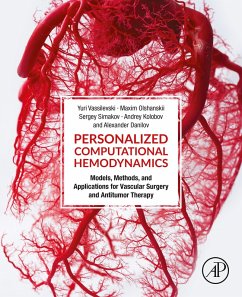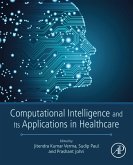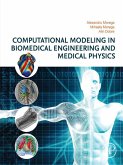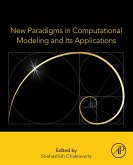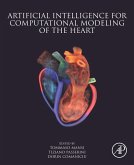Two important features distinguish this book from other monographs on numerical methods for biomedical applications. First, the variety of medical disciplines targeted by the mathematical modeling and computer simulations, including cardiology, vascular neurology and oncology. Second, for all mathematical models, the authors consider extensions and parameter tuning that account for vascular pathologies.
- Examines a variety of medical disciplines targeted by mathematical modeling and computer simulation
- Discusses how the results of numerical simulations are used to support clinical decision-making
- Covers hemodynamics relating to various subject areas, including vascular surgery and oncological tumor treatments
Dieser Download kann aus rechtlichen Gründen nur mit Rechnungsadresse in A, B, BG, CY, CZ, D, DK, EW, E, FIN, F, GR, HR, H, IRL, I, LT, L, LR, M, NL, PL, P, R, S, SLO, SK ausgeliefert werden.

